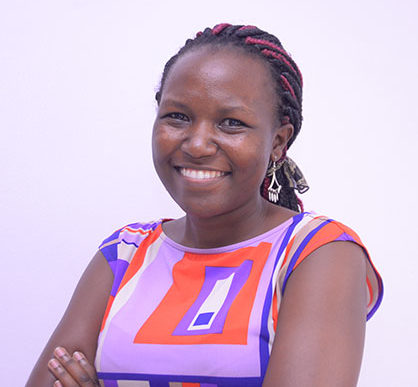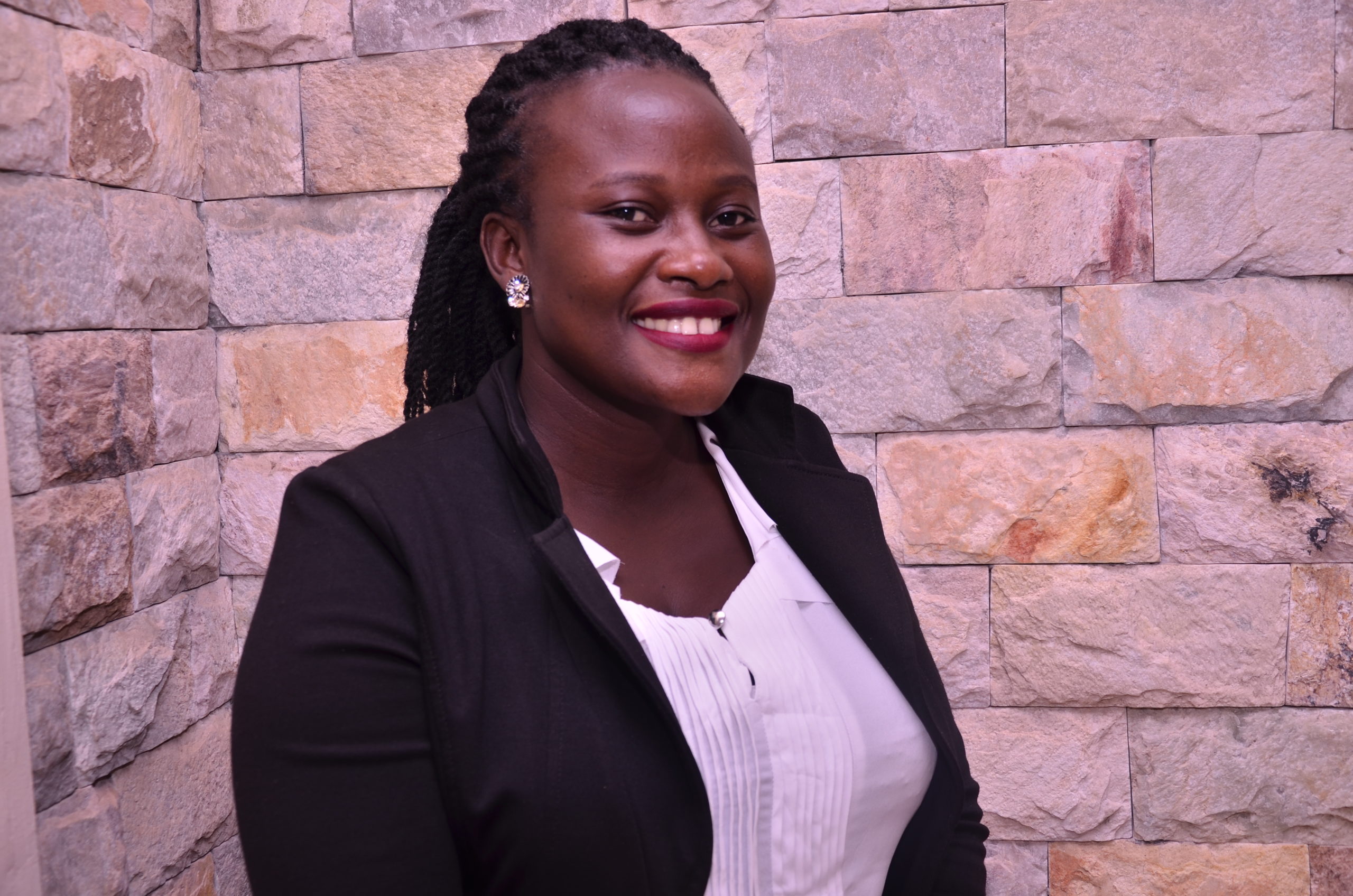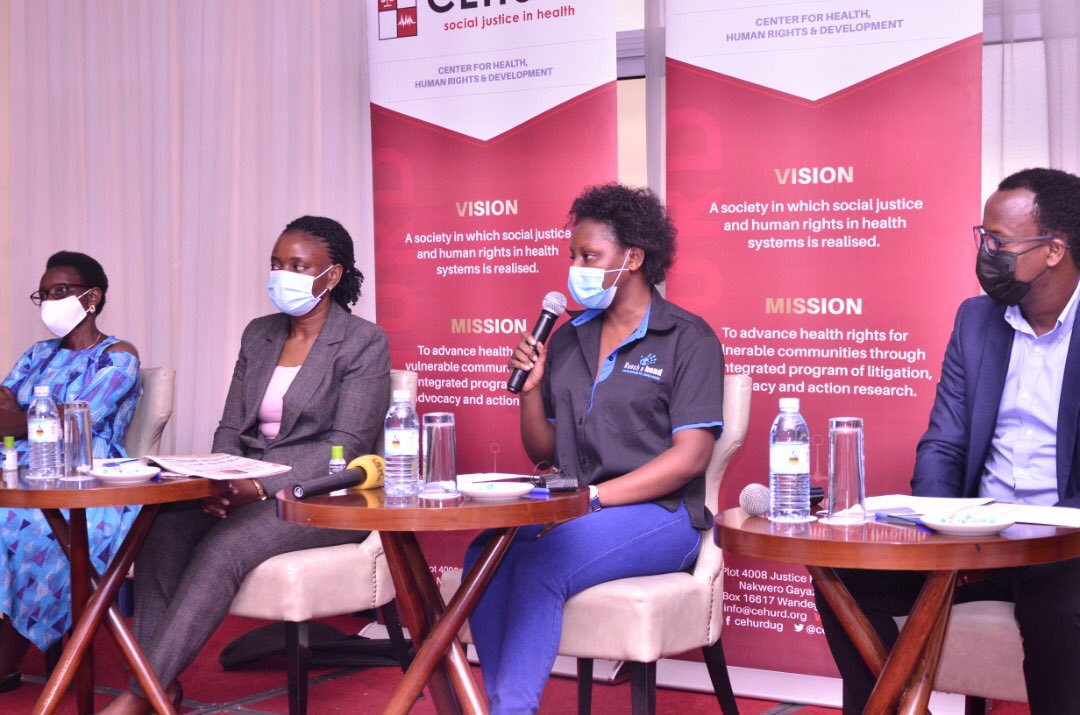“The ambiguity and restrictions surrounding the requirement
By rose wakikona
of consent have acted as an obstacle to access to health
care services for minors, especially for sexual and
reproductive health services because most minors start
having sex without telling their parents or guardians and
by default seek sexual and reproductive health services
without consulting their parents or guardians because they
consider it to be shameful. Mandating them to provide
parental or guardian consent will keep them away from
seeking much needed health services.“
Annually, 16th June is celebrated as the Day of the African Child worldwide. Uganda is party to the Convention on the Rights of the Child, and ratifi ed the African Charter on the Rights and Welfare of the Child on 17th August 1994. This year, the African Committee of Experts on the Rights and Welfare of the Child, established under Articles 32 and 33 of the African Charter on the Rights and Welfare of the Child selected the theme for the commemoration of the Day of the African Child as “30 years after the adoption of the Charter: Accelerate the Implementation of Agenda 2040 for an Africa fi t for Children”.
Article 14 of the African Charter on the Rights and Welfare of the Child recognises that every child has the right to enjoy the best attainable state of physical, mental and spiritual health. This obligates the state to ensure appropriate health care for expectant and nursing mothers and to develop preventive health care and family life education and provision of service. Access to healthcare services is therefore fundamental to the full realisation of the right to health for children. Unfortunately for most children, accessing healthcare services is dependent on obtaining parental or guardian consent.
Adolescents in Uganda face many challenges related to sexual and reproductive health and rights. Adolescents start having sexual intercourse too early, leading to early and unintended pregnancies, early and forced marriages, unsafe abortions, sexually transmitted infections (STIs) and HIV, ill health, dropping out of school, disability and even death. Adolescents therefore need information on STIs, family planning counselling and services, contraceptives, HIV prevention and care services; maternal health services for adolescent mothers, post-abortion care, psychosocial support, and other services in order to smoothly transition to adulthood.
The Uganda Bureau of Statistics released the 2019/2020 National Household Survey Report which indicates that out of a population of over 41 million people, 54 per cent of Uganda’s population is below the age of 18. Of these, 28 per cent are subjected to child labour and 21 per cent live in child-headed homes. Also 15 per cent of adolescent girls between the ages of 15-19 are married by the age of 15, while one out of every four girls is pregnant or has a child. Equally, 66 per cent of all new HIV infections are contracted by adolescent girls yet only 13.1 per cent use a modern method of contraception. These statistics show that the African child in Uganda is not enjoying the best attainable state of physical, mental and spiritual health.
Early sexual debut and teenage pregnancies often mean complicated births and unsafe abortions are often all too common among adolescent girls, requiring emergency obstetric care and post abortion care. But many teenage mothers do not have access to adequate reproductive health care and die while trying to give life. Uganda has one of the world’s highest maternal mortality rates, with 16 mothers dying every day in pregnancy or during and after childbirth. The traditional practice of child marriage and female genital mutilation also persists in many communities, for example in 2013, Uganda ranked 16th out of 25 countries with the highest rate of child marriages.
The consent question
The international and regional legal frameworks do not directly address the question of consent to medical treatment for children, but recognize the rights, responsibilities and duties of parents and guardians to protect their children, and to provide for them, including ensuring access to health care. They majorly require states parties to respect the views of the child in making decisions that aff ect them, and recognise the concept of evolving capacities and that age should be considered alongside maturity, implying that a higher age does not necessarily imply that an individual has matured.
The age of majority, that is the threshold of adulthood, is generally recognised in national and international law to be 18 years. From the reading of the law, the capacity to consent to medical treatment is a preserve of adults. For a minor to receive medical treatment there is a requirement to have the consent of a parent or guardian regardless of whether the child is a mature minor or an emancipated minor and yet adolescents begin to demand for sexual and reproductive health services much earlier. The national policy framework though is a lot more progressive than the law, when it comes to consenting to sexual and reproductive health information and services.
Inconsistencies in the law
It should be noted, however, that individual laws have inconsistencies on capacity to consent for adolescents within themselves, with other laws as well as with policies. To illustrate this, the Constitution, the Children’s Act, the Penal Code and the Convention on the Rights of the Child recognise 18 as the age of majority. However, the Penal Code diff erentiates defi lement into simple defi lement for children aged 16-17 years, from aggravated defi lement for sex with children aged less than 16 years, thus recognising evolving capacities of minors. The Customary Marriage (Registrations) Act recognise that a child aged 16 can marry (and presumably have sexual intercourse), while the Marriage Act sets the minimum age for marriage at 21.
On its part, the Evidence Act stipulates that anyone above tender years – that is 14 and above – can testify in court. The Children’s (Amendment) Act prescribes that a child can be gainfully employed at 16; can consent to adoption at 14; and have criminal liability at 12. The HIV Prevention and Control Act prescribes 12 years as the minimum age for consent to HIV testing and counselling. The National Guidelines for Research Involving Humans as Research Participants set the minimum age for assent at eight to participate in research, emphasising that such assent or dissent, while it has to be accompanied by consent from a parent or guardian, takes precedence.
The National Policy Guidelines and Service Standards for Sexual and Reproductive Health and Rights – SRHR (2006) emphatically states that no parental consent is needed for a client to access family planning. This is a total deviation from the provisions of the law that sets different ages for different responsibilities. In addition, the policy guidelines and service standards recommend combined oral pills for adolescents who are sexually active and clarifies that oral pills have no age limitation. On its part, the adolescent health policy targets to increase contraceptive uptake among adolescents who are sexually active.
The practice in the judiciary of assessing the capacity of young witnesses for capacity to witness (voire-dire) is a practical illustration that children have the capacity to give views and make sensible decisions. This fact has also been confirmed by SRHR service providers that participated in this study. The findings suggest that age appropriateness is not widely understood or applied in the provision of sexual and reproductive health services information and services to adolescents. The more practical guide has been demonstrated to be service need, defined as sexual activity.
It is also important to note that the law, policy and practice have legitimised the self-determination of mature and emancipated minors in consenting to medical treatment, and by extension, including for fellow minors, at least in the case where minors are parents. As already noted the law allows minors to get married provided they obtain parental consent which brings about a requirement for spousal involvement or consent before a woman can acquire reproductive services.
The ambiguity and restrictions surrounding the requirement of consent have acted as an obstacle to access to health care services for minors, especially for sexual and reproductive health services because most minors start having sex without telling their parents or guardians and by default seek sexual and reproductive health services without consulting their parents or guardians because they consider it to be shameful. Mandating them to provide parental or guardian consent will keep them away from seeking much needed health services.
On this Day of the African Child we therefore call upon necessary stakeholders to harmonise the laws and policies on informed consent for healthcare services to adolescents to improve access while providing guidance on administration of informed consent to young people of diff erent ages and for diff erent healthcare services. There is also a need to develop criteria to guide service providers in assessing capacity to consent, considering all relevant parameters beyond the age of the client. Should this be done Uganda will be well on the way to realising Article 14 of the African Charter on the Rights and Welfare of the Child.
A version of this article was first published in the New Vision on Wednesday 16th June 2021 page 22.



